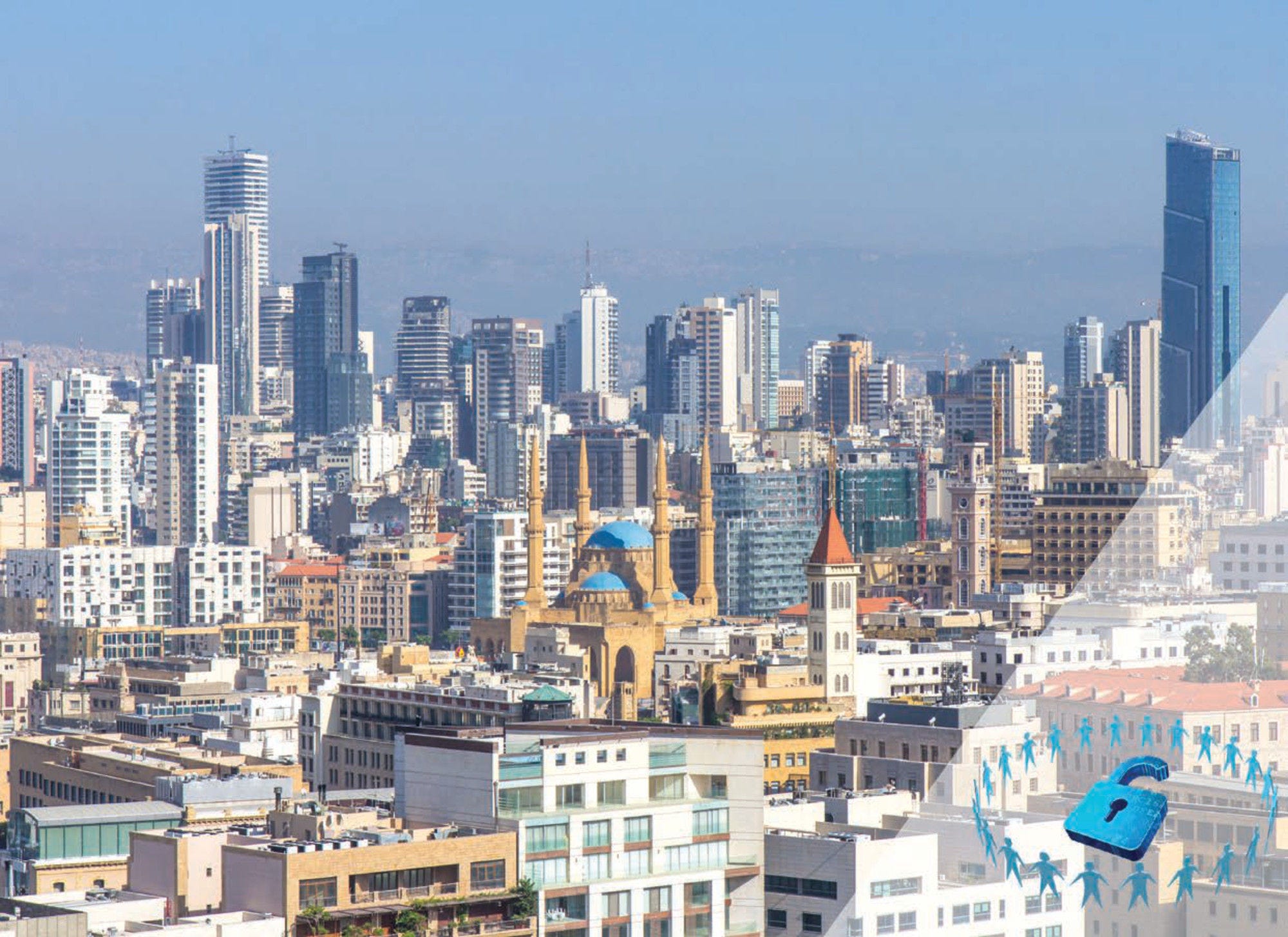Lebanon has a unicameral system with a National Assembly that is elected for a term of four years by universal suffrage. The last parliamentary elections were held in 2018, following several years of extended mandates as political tumults and legislative changes were preventing the timely organisation of elections. According to the 1989 Ṭaif Accord, which ended the civil war in Lebanon, parliamentary seats are apportioned equally between Christian and Muslim sects. As all large political factions in the country and in Parliament are also part of the government there is no opposition in Parliament, which means that its traditional accountability function is restricted. For example, according to interviews with parliamentarians, Parliament has only held one session to question the government since it was elected in 2018. The questions and interrogations by parliamentarians are published on the website of the Assembly, however the last update was in 2012.
Questioning government is a common practice in OECD countries, and a key function of parliament is to play an oversight role. The Lebanese Parliament could consider institutionalising this practice more regularly, as per Article 1311 of the Rules of Procedure of Parliament,2 by opening up such question sessions to stakeholders. It could proactively communicate about these sessions beforehand and invite stakeholders, such as civil society and the media, to participate and act as watchdogs. Parliament’s sessions are public, unless the majority decides to hold them in private at the request of the government or at least five deputies (Article 51, unofficial translation).
Another way that Parliament’s oversight function has been diminished is through the adoption of the 2019 Budget Law without discussing the latest audit report of the budget – the 2017 report. A law was passed to allow for this change in procedure and the 2017 audit report was not made public. As discussed in Chapter 6, the budget is a key tool to decide policy priorities and its transparency is therefore of paramount importance. Parliament could consider discussing the draft budget law and the audit report in public sessions and making all relevant documents accessible to the public.
According to the findings of the Gherbal Initiative (2019[11]), Parliament could enhance its application of the Right of Access to Information Law by appointing an official responsible for access to information and providing training and awareness raising about the law and its implications to staff and elected members. These open state efforts could mirror those currently underway to include active judicial disclosures (e.g. court rulings, consultative and judicial decisions and annual reports) as part of the implementation of the Right of Access to Information Law and related e-portal.
Parliament is taking the first steps to provide access to relevant information. All laws adopted by Parliament are published on its website.3 This is of particular importance, as accessing the law as published in the official gazette is not free. The laws are however only searchable by year and session, not by title or topic of law. Parliament could consider making this section of its website more user-friendly. The website includes other features to provide information, such as members of the parliamentary committees which are published in a single pdf document.4 The minutes of sessions were last updated in 2013. The website also includes some information on upcoming meetings of Parliament. This website could become a hub for information regarding Parliament’s work through a more user-friendly design and more up-to-date information regarding, for example, minutes and draft laws under discussion.
Publishing draft laws for public information and even for public consultation is a common practice in OECD countries. As discussed in Chapter 7, Circular No. 21/2012 requires all public entities to publish draft legal texts on government websites and solicit consultation and feedback from stakeholders. Given this legal backing, Parliament could consider publishing draft laws before they are discussed in Parliament sessions, and inviting stakeholders to these discussions, which is of even greater importance as participation in committee meetings is invitation only.
There are ongoing efforts led by the Parliamentarians against Corruption, in partnership with the Westminster Foundation to enhance Parliament’s openness. These efforts include the drafting of a strategic plan for Parliament, which has not yet been approved, as well as suggestions to amend some of the Rules of Procedure to allow for greater openness, participation and digitalisation of the Assembly. As such, Parliament could build on the current momentum and the country’s commitment to open government to advance its own open government initiatives. It could create an informal working group of parliamentarians and administrative staff committed to open government principles to elaborate an action plan of initiatives to undertake, to disseminate the concept in Parliament and to co-ordinate efforts with the national government. The French and Moroccan parliaments, for example, adopted their own national action plans on parliamentary openness, which could serve as inspiration (see Box 8.2).
